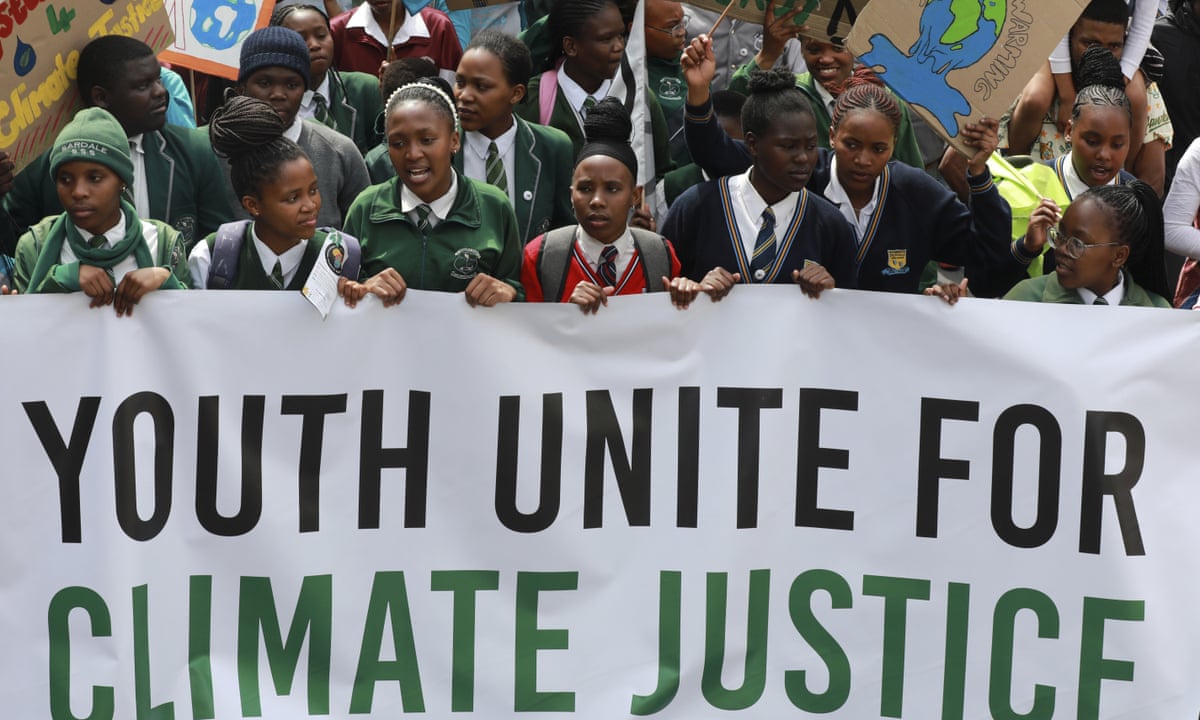Introduction: The Changing Ethical Landscape
In the rapidly evolving world of the 21st century, the horizon of ethics is under intense scrutiny. The dawn of new technologies, shifting social norms, and increasing global interconnectedness challenge traditional ethical frameworks, prompting a fundamental question: Can ethics, as we know it, be redefined? In this article, we will explore the various dimensions of ethics in the modern era and argue that the horizon of ethics is not only being expanded but must also be rethought to address contemporary challenges.
The Evolution of Ethical Thought
Ethics, at its core, is the study of right and wrong, good and bad, justice and injustice. Historically, ethical systems have been based on religious doctrines, philosophical principles, or societal norms. The ancient Greeks, for example, defined ethics through the lens of virtue and the pursuit of eudaimonia (flourishing), while Enlightenment thinkers like Immanuel Kant and John Stuart Mill shaped modern ethical theories around concepts of duty and utility.
However, in the 21st century, ethical norms no longer solely derive from traditional sources like religion or state law. Instead, we find ourselves grappling with complex moral questions arising from technology, environmental challenges, and cultural shifts. For example, artificial intelligence, genetic modification, climate change, and social justice movements have brought new ethical dilemmas to the forefront.
The Role of Technology: New Ethical Frontiers
One of the most significant forces redefining ethics today is technology. With the advent of artificial intelligence, biotechnology, and digital communication, we are facing ethical decisions that previous generations never imagined. The rise of AI challenges our understanding of agency, autonomy, and responsibility. How do we assign moral responsibility when machines make decisions? Should self-driving cars be programmed to make life-and-death decisions based on a moral algorithm? These are just a few of the questions that call for a rethinking of ethical frameworks.
Moreover, biotechnology opens up entirely new ethical challenges. With CRISPR gene-editing technology, for example, we can now alter the genetic makeup of organisms, including humans. This raises questions about the ethical implications of “designer babies,” genetic discrimination, and the potential for unintended consequences. Similarly, advancements in reproductive technology and cloning bring ethical concerns about identity, the rights of the unborn, and the concept of parenthood.

The digital age has also redefined ethical considerations around privacy, data ownership, and cybersecurity. The rapid collection and sharing of personal data have created new ethical dilemmas regarding consent and surveillance. How much control should individuals have over their own data? What are the ethical limits to monitoring behavior in a digital society? The proliferation of social media has also led to new ethical concerns, including misinformation, the spread of hate speech, and the impact of virtual environments on mental health.
Globalization and Cultural Diversity: Broadening Ethical Perspectives
As the world becomes increasingly interconnected, ethical considerations can no longer be confined to the boundaries of individual nations or cultures. The ethical principles that guide one society may not apply universally. Globalization has prompted discussions about cultural relativism and universal ethics. Should we impose a universal set of ethical standards across the globe, or should we respect the moral frameworks of different cultures?
For instance, human rights debates often highlight the tension between universalism and relativism. Western concepts of individual freedom and gender equality may clash with traditional cultural practices in non-Western societies. Similarly, ethical questions related to environmental protection may take on different meanings in countries with varying levels of economic development and resource availability.
The emergence of global social justice movements such as Black Lives Matter and #MeToo has pushed ethical discussions to the forefront. These movements call attention to systemic inequality, discrimination, and abuse, demanding that we confront not only individual wrongdoings but also structural injustices. In this context, ethics is increasingly seen as a tool for social transformation, pushing for greater accountability, fairness, and inclusivity on a global scale.
Environmental Ethics: A New Paradigm
Perhaps one of the most pressing ethical concerns of the 21st century is our relationship with the environment. Climate change, resource depletion, and biodiversity loss have created urgent ethical challenges. The ethical question is no longer just about how humans interact with nature, but how we, as a global community, address the long-term impact of our actions on future generations.
Environmental ethics challenges traditional ethical views by emphasizing the intrinsic value of nature, rather than viewing it solely as a resource to be exploited for human benefit. Philosophers like Aldo Leopold, who proposed the “Land Ethic,” argue that humans have an ethical responsibility to preserve the natural world, not just for their own benefit but for the well-being of all living beings. This perspective urges us to reconsider our role within the broader ecosystem and to redefine our moral duties toward non-human life.
Moreover, climate justice has become an essential component of modern ethical debates. As the effects of climate change disproportionately affect marginalized communities, the question arises: Who bears responsibility for the environmental degradation, and who should bear the costs of mitigating its effects? Ethical considerations around environmental justice call for a shift toward more equitable global solutions, prioritizing the needs of those most vulnerable to ecological disruption.
The Ethics of Artificial Intelligence and Machine Learning
Artificial Intelligence (AI) is one of the most transformative technologies of the 21st century, and its ethical implications are profound. At the heart of the ethical debate around AI lies the question of agency. If an AI system makes a decision that causes harm, who is responsible? The designer, the user, or the machine itself? This is a classic problem in moral philosophy, now played out in the context of autonomous systems.
Consider the development of autonomous vehicles, which must make decisions in life-and-death situations. Should a self-driving car prioritize the life of its passenger over pedestrians? Or should it make decisions based on a utilitarian calculus that aims to minimize overall harm? These are not just theoretical questions but real challenges being faced by companies and governments as they race to develop and deploy AI technologies.
Another ethical concern with AI is bias. Machine learning algorithms are trained on data, and if that data reflects existing societal biases—such as those based on race, gender, or socioeconomic status—AI systems can perpetuate and even amplify these biases. This is particularly problematic in areas like hiring, law enforcement, and healthcare, where biased algorithms can lead to discriminatory outcomes. The ethical imperative, then, is to ensure that AI systems are designed and implemented in ways that promote fairness, transparency, and accountability.

The Intersection of Ethics and Politics
In the 21st century, the intersection of ethics and politics has become increasingly complex. Ethical issues are no longer confined to personal morality but are embedded in political decision-making. From healthcare policy to international trade to immigration, ethical considerations play a crucial role in shaping public policy.
Take the issue of universal healthcare, for example. On one hand, the ethical principle of justice may demand that healthcare be provided as a basic human right. On the other hand, the principle of individual responsibility may argue that people should bear the cost of their own medical care. This ethical tension shapes political debates around healthcare systems and access to medical resources.
In a global context, ethical considerations also come into play in the regulation of emerging technologies. Should countries regulate AI in ways that promote fairness and prevent harm, or should they prioritize innovation and economic growth? The ethics of globalization also comes into focus when discussing issues like labor rights, trade imbalances, and environmental regulations, which often have far-reaching ethical implications for both developed and developing countries.
Redefining Ethics: A Call for New Ethical Frameworks
Given the complexities of the modern world, it is clear that traditional ethical systems need to be reexamined and redefined. One promising approach is to adopt a more pluralistic ethical framework that incorporates diverse perspectives from different cultures, disciplines, and traditions. This would involve recognizing the importance of dialogue and cooperation in resolving ethical issues, while still respecting the uniqueness of individual moral systems.
Furthermore, the growing importance of global interdependence calls for an ethics of care—one that emphasizes the interconnectedness of all human beings and the need for mutual responsibility. Such an approach would focus on empathy, solidarity, and the well-being of others, transcending narrow self-interest and promoting global cooperation.
The integration of technology into ethical decision-making also suggests the need for a more adaptive, flexible ethical framework—one that evolves in response to technological advancements and societal shifts. This could involve the creation of new ethical norms that account for the agency of non-human entities, such as AI systems, while also considering the long-term consequences of our actions on the planet and future generations.
Conclusion: Embracing the Future of Ethics
The horizon of ethics in the 21st century is indeed being redefined. As we face new challenges, from artificial intelligence to climate change, it is essential that our ethical frameworks evolve in response to these shifts. We must embrace the opportunity to reimagine ethics as a dynamic, inclusive, and global conversation, one that fosters justice, fairness, and responsibility in an increasingly complex world. By doing so, we can ensure that ethics remains a powerful force for good in the 21st century and beyond.























